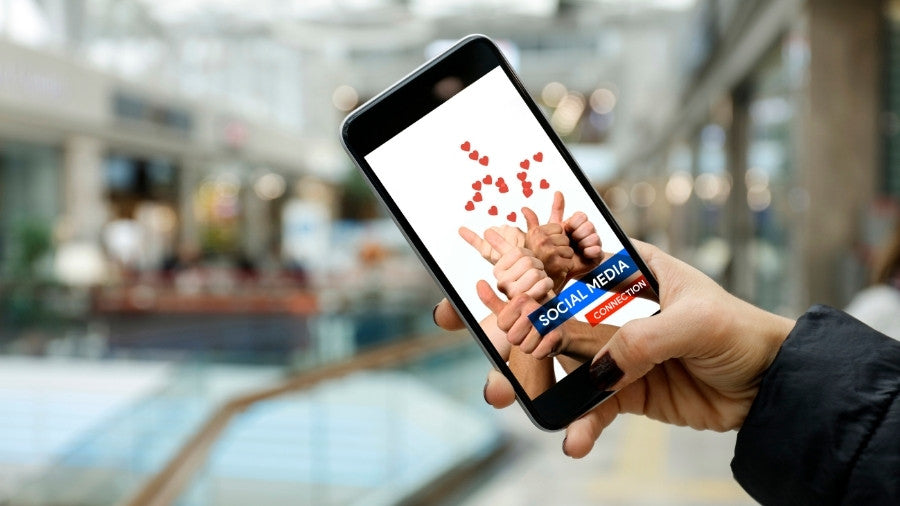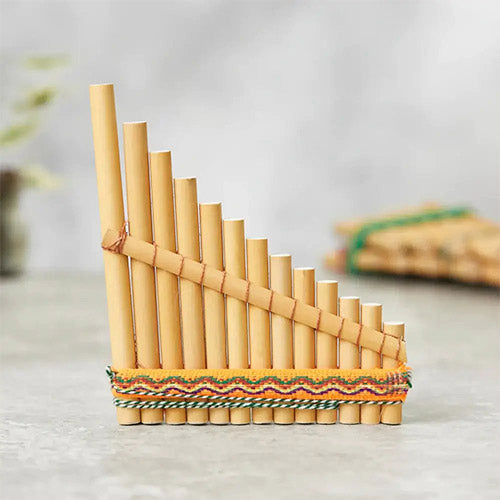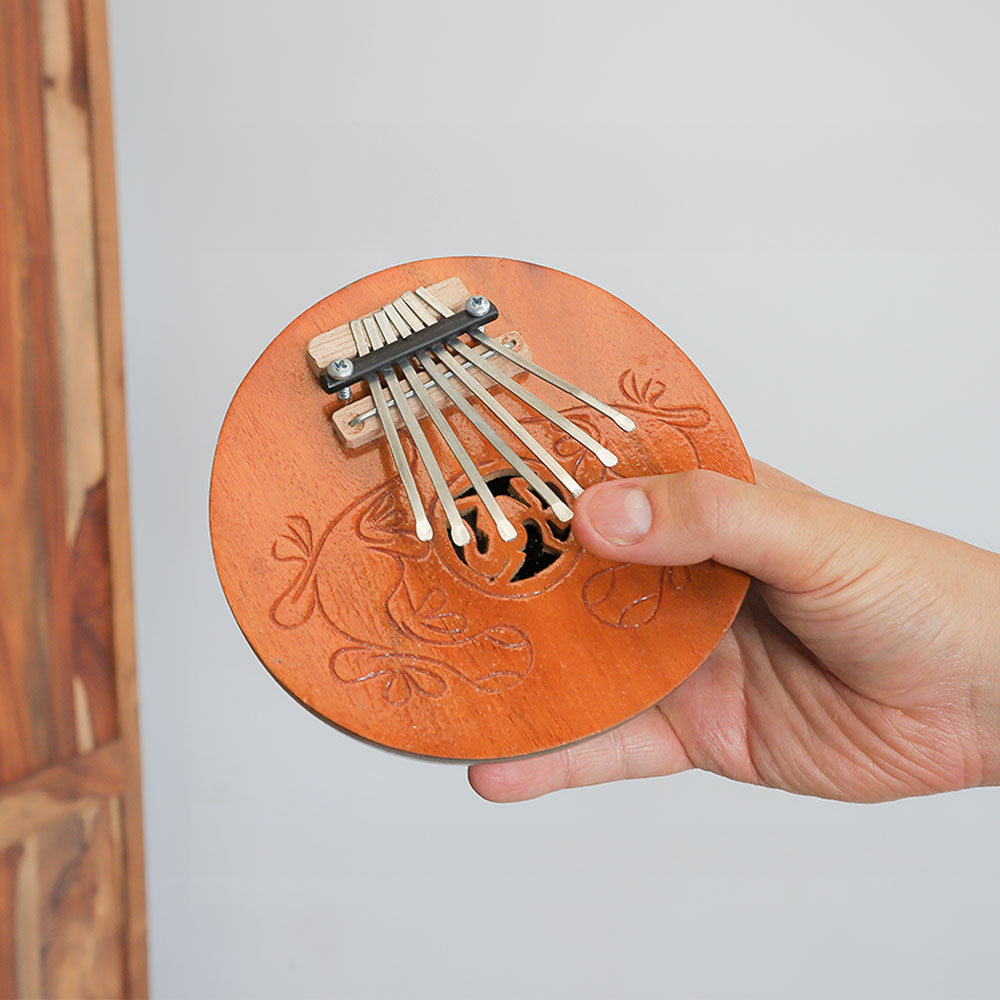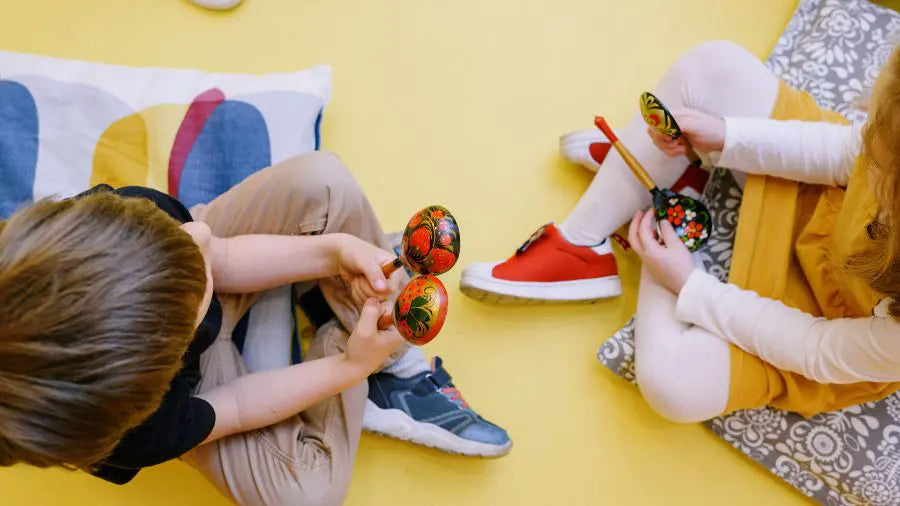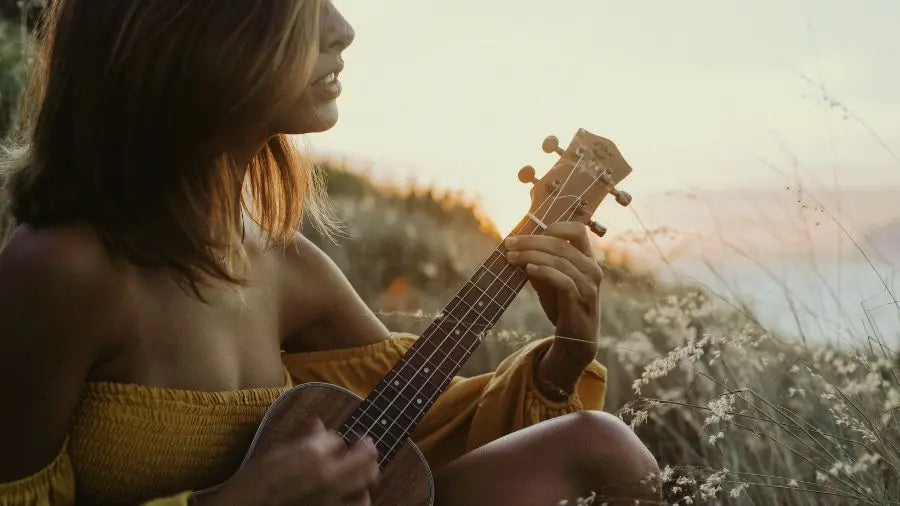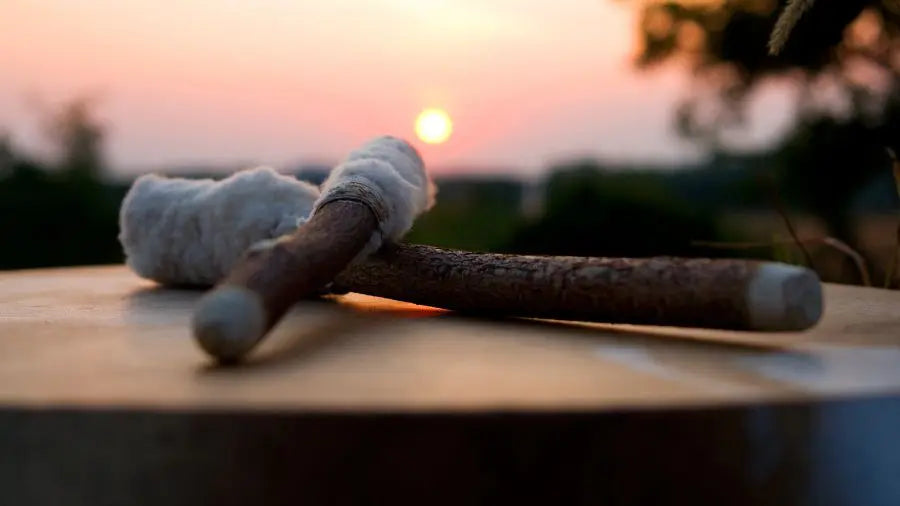Social media is one of the most powerful tools for musicians today. It can help you build a fanbase, promote new music, and connect directly with listeners around the world. But it can also become a distraction or harm creativity if used without intention. Understanding which platforms to focus on, how to use them strategically, and what pitfalls to avoid can make the difference between growing your music career and wasting time online.
Why Social Media Is Important for Musicians
Social media gives musicians control over exposure that once depended on labels and radio. It’s the fastest way to share music, reach new fans, and build community. A consistent online presence helps you stay visible between releases, strengthens fan loyalty, and attracts opportunities for gigs, collaborations, or brand partnerships. Beyond promotion, it gives insight into what listeners respond to—real-time feedback that shapes your career.
Which Social Media Platforms Are Best for Musicians
The best social media platforms for musicians depend on your style and goals. YouTube is ideal for performances, tutorials, and long-form content that builds loyal fans while generating ad revenue. Instagram works well for visuals—use Reels to share short clips, behind-the-scenes moments, and daily creativity.
TikTok is unmatched for discovery, helping unknown artists go viral through short, authentic videos. Facebook remains useful for promoting gigs and reaching older audiences, while X (formerly Twitter) is effective for networking and quick updates. Finally, Spotify for Artists helps you track listeners, refine your reach, and strengthen your professional image. Combining a few of these platforms strategically gives musicians both visibility and meaningful audience connection.
How to Use Social Media as a Musician
To use social media effectively as a musician, focus on purpose and consistency. Every post should either entertain, educate, or create an emotional connection with your audience. Build trust through regular, high-quality updates rather than quantity alone.
Engage genuinely by replying to comments, collaborating with others, and showing appreciation. Share your creative process—not just the final product—because fans connect with authenticity as much as talent. Use analytics to understand what works and who’s listening, then batch and schedule content in advance so you can stay active online while keeping your main focus on making music.
Social Media Apps for Musicians
In addition to major platforms like YouTube and Instagram, musicians can benefit from using apps made specifically for their craft. BandLab and Soundtrap make it easy to collaborate and produce music online, while ReverbNation and SoundCloud help share demos and attract new listeners.
Discord lets artists build tight-knit fan communities and connect more personally. Using these alongside mainstream platforms creates balance—combining creative collaboration with promotion and genuine audience engagement.
When Social Media Becomes Bad for Musicians
While social media can boost visibility, overuse can harm focus and mental health. Constant comparison or chasing trends can weaken originality. It’s easy to measure worth through likes instead of artistic progress. The goal is to make music first and use social media as the amplifier—not the source of validation. Schedule breaks, set boundaries, and remember that attention doesn’t always equal success.
Social media for musicians works best when used intentionally. Focus on storytelling, consistency, and connection rather than perfection. Choose the platforms that match your strengths, and avoid the noise that drains creativity. With balance, social media becomes not a distraction—but a powerful extension of your music career.

